Middle East
-
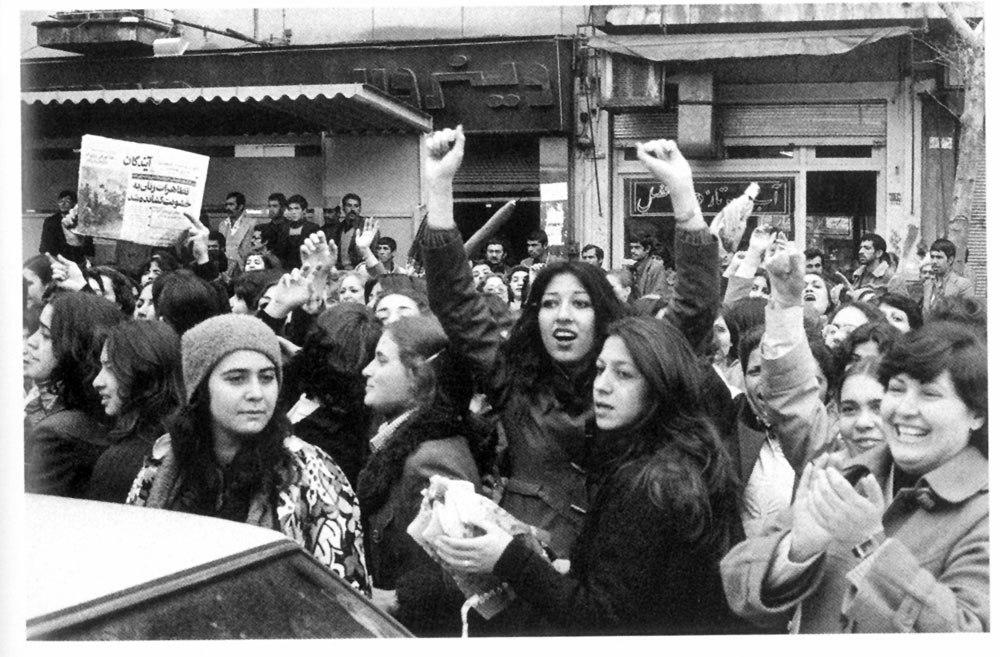
The War on Women: Beyond the Hijab of Erasure
•
In the pages of ancient manuscripts, beneath the delicate strokes of ink and gold, there is an instrument that appears again and again. Held in the hands of scholars, navigators, and mathematicians, it gleams in the soft candlelight of medieval scriptoria. The astrolabe—an intricate map of the heavens, a device…
-
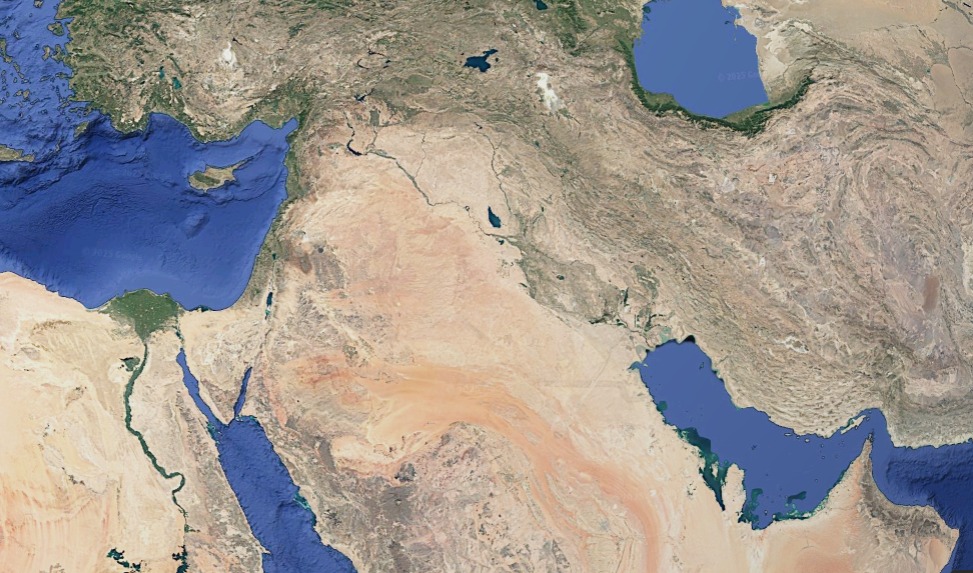
The Curse of Oil, the Weight of History
•
The article “Iran in the Context of the Middle East – A Concise Analysis of the Situation” (published in Persian) by Mohammadreza Nikfar presents a sweeping historical and political analysis of the Middle East, tracing the region’s cultural layers, its historical aspirations, and its present-day struggles. The author argues that…
-
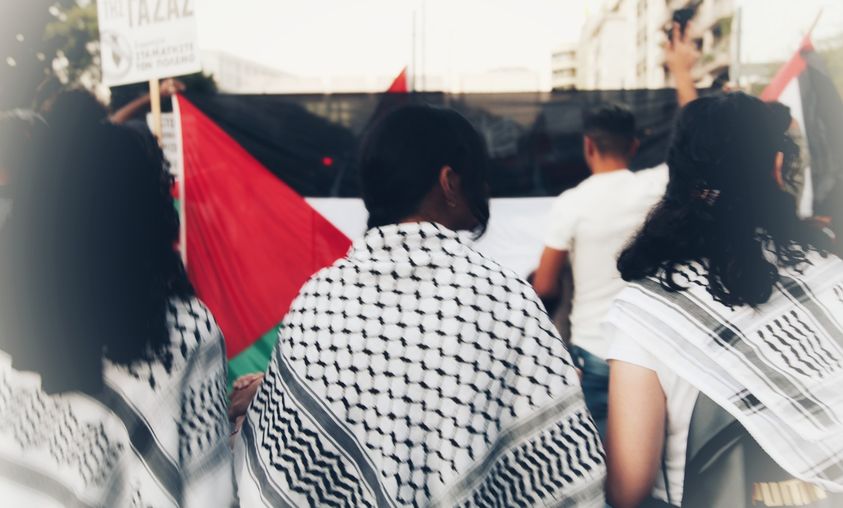
The Machinery of Death and the Myth of Resistance
•
The ceasefire is not a gift from Donald Trump. It’s the result of a temporary exhaustion of the machinery of death. Killing costs money, after all, and even the West can only dress up its carnage as a fight against terror for so long before the façade starts to crack.…
-
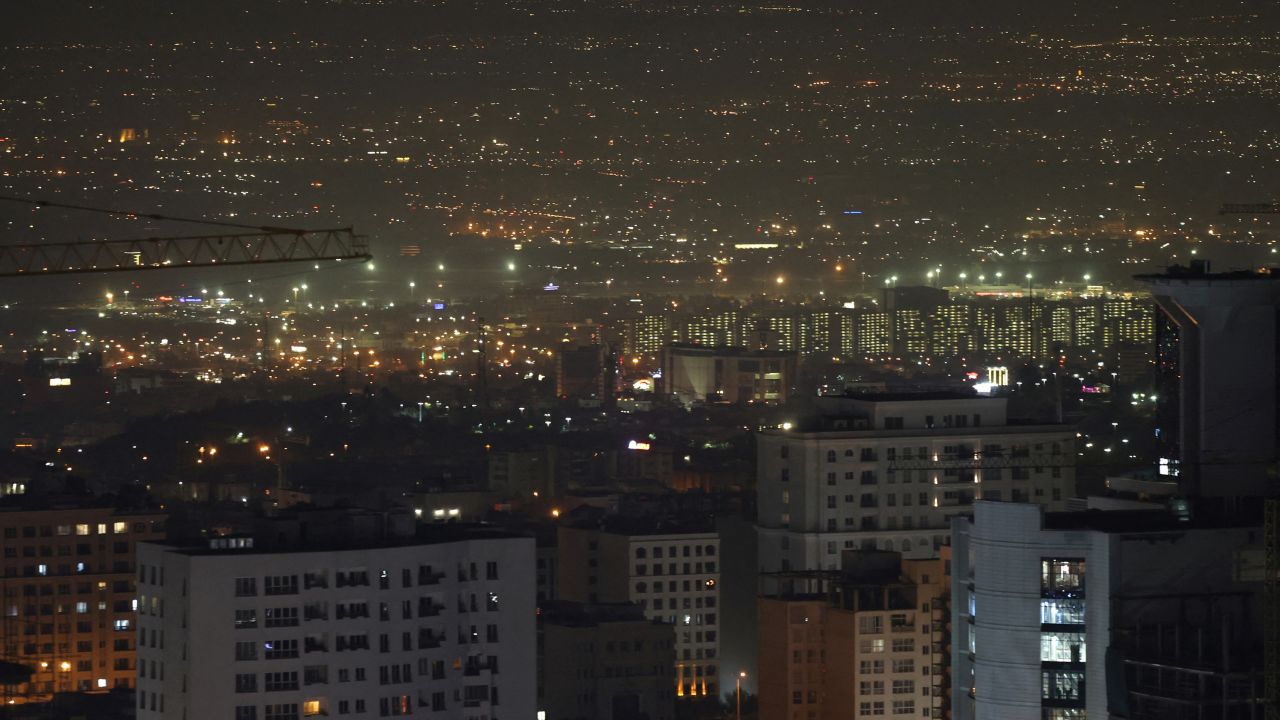
Iran-Israel Tensions: The Shadow of Military Strikes
•
The escalating tensions between Iran and Israel have resulted in a complex situation with recent military actions unclarified by either side. Israel claims to have struck 20 targets deep within Iran, including a factory known for industrial machinery, while Iranian authorities dismiss these claims as false. The IRGC promotes a…
-

Breaking Down Orientalist Views of Politics
•
Last October, I was talking with friends about the situation. Week after week, it became clear to me: they didn’t care about defending Palestine, or standing with oppressed people, or fighting against colonialism. It was only about fighting Israel, at any cost. I had a conversation with a Palestinian friend…
-
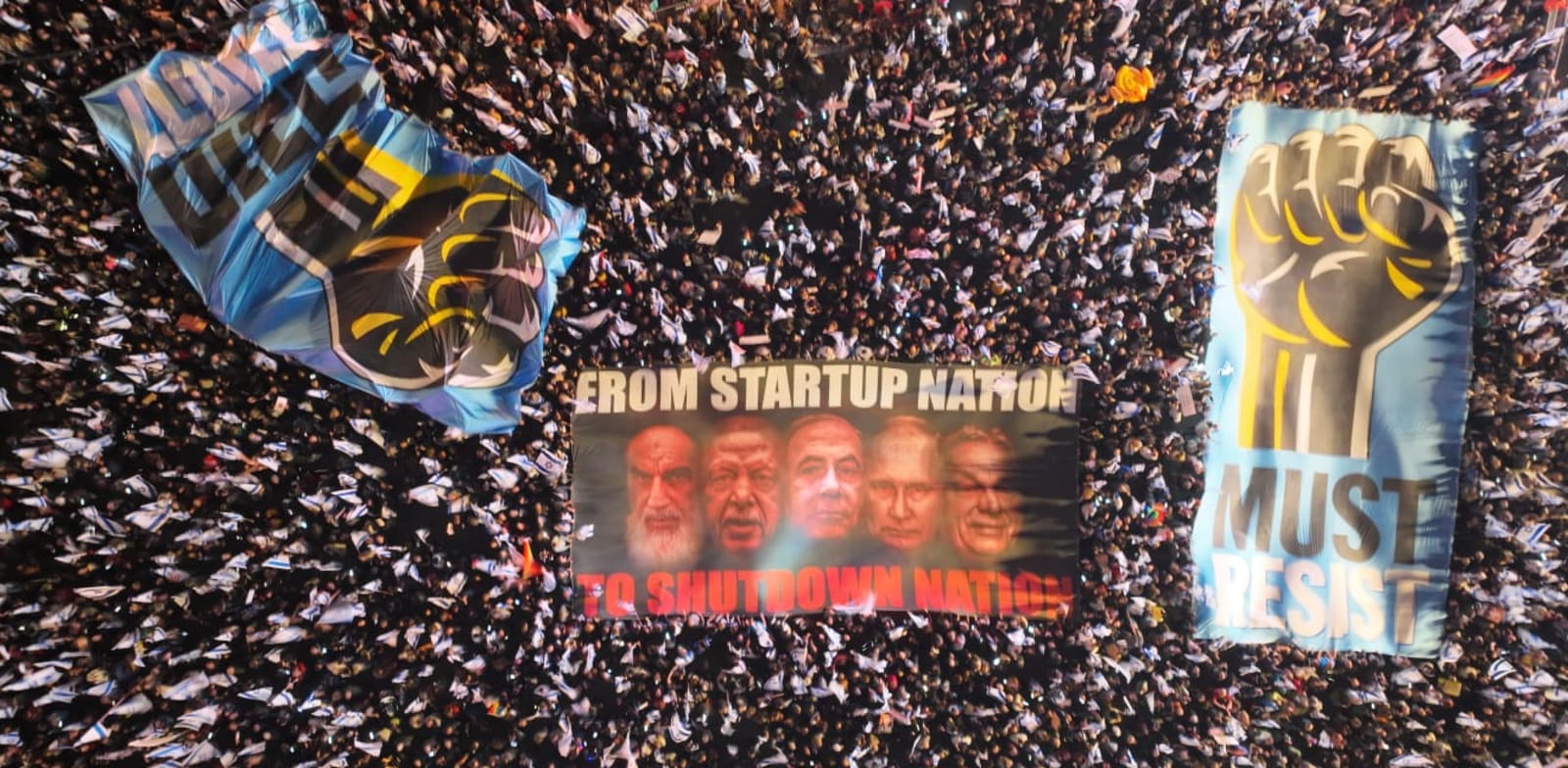
The Anti-Colonial Dilemma: Israel and Palestinian Liberation
•
What we face today on the global left is a fundamental issue, not just with ideology, but with clarity of purpose. There’s a fixation on the destruction of Israel, a vision rooted in an anti-Semitic worldview. It’s crucial to confront this head-on. The struggle for Palestinian liberation, over the past…
-
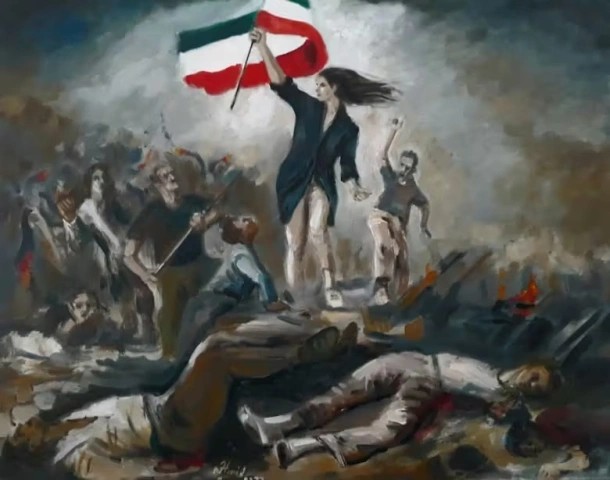
Iran on the Brink: War, Fascism, and the West’s Hypocrisy
•
The people in the West, standing up for Palestine over the past year, are doing something important. It’s true, some of them also hold racist and Orientalist views, supporting Islamic fascism without realizing it. But for us Iranians, the fight against Islamic fascism and the struggle for Palestinian liberation are…
-
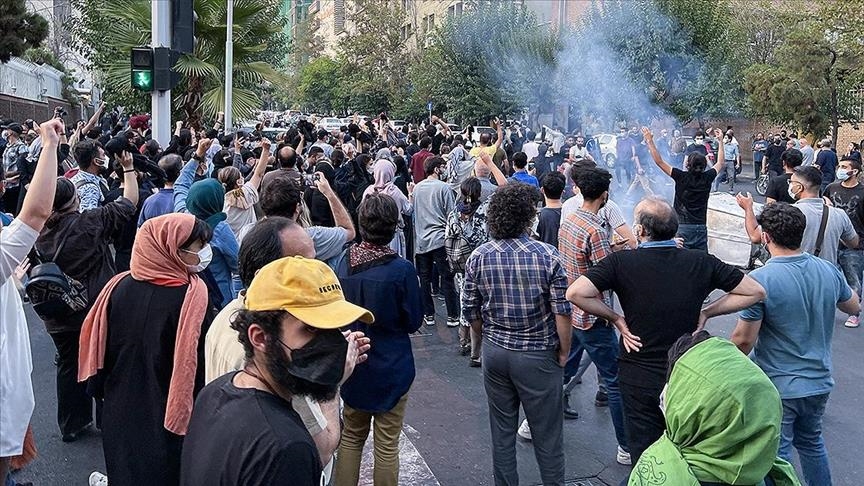
The Geopolitical Implications of Ismail Haniyeh’s Assassination
•
It is undeniable that the assassination of Ismail Haniyeh involved cooperation from high-ranking security officials of the Islamic Republic. The assassination of Ismail Haniyeh, while aiding Netanyahu’s agenda, has broader implications for the Middle East. It underscores the fragile nature of political alliances and the continuous struggle for power in…
-
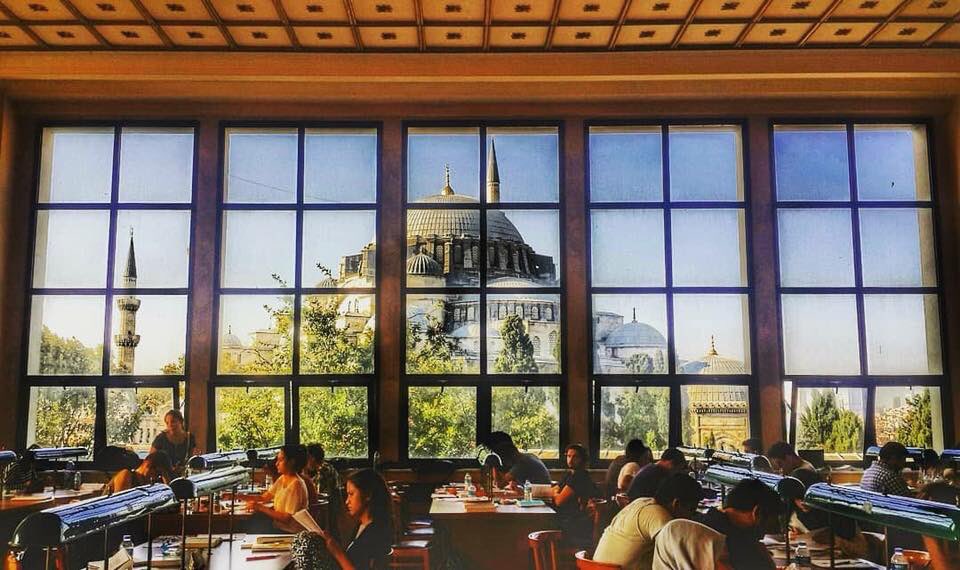
Hijab, Political Islam,
and the Construction of Theocracy in the Middle East•
The Iran-Iraq war saw the slogan “My sister, your hijab is your fortress” symbolizing the Islamic Republic’s efforts to cement its ideology through veiling. Over time, the veil revealed itself to be a protective measure for the regime rather than for women. Questions about policy’s significance in women’s dress arise…
-
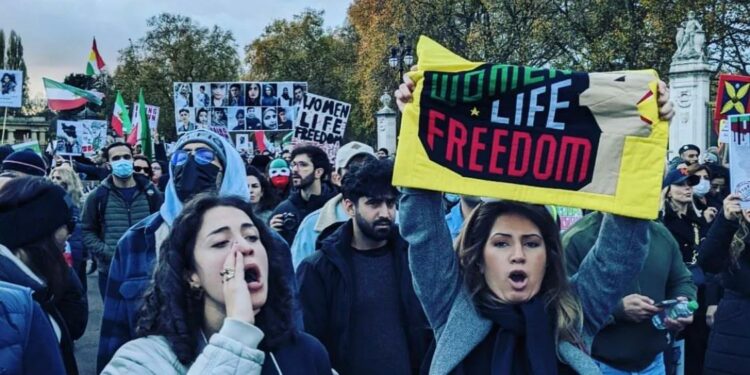
Gender Dynamics in Authoritarian Islamic States
•
From “Life as Politics: How Ordinary People Change the Middle East by Asef Bayat.” A book about struggles for social change in the Muslim Middle East, mostly focused on Iran and Egypt but with scattered references to other countries as well. The first edition was written not long before the…
-
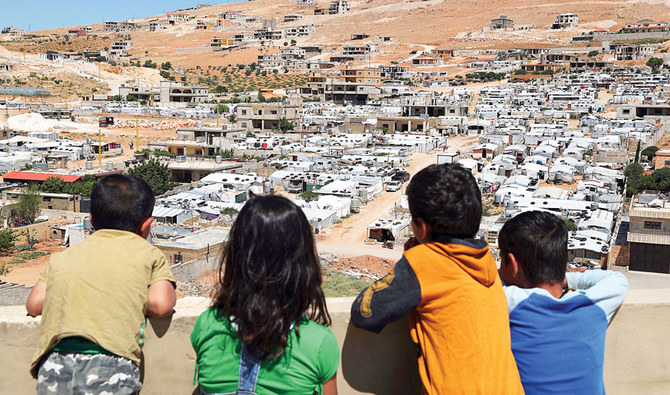
What the EU-Lebanon Agreement Means for Syrian Refugees
•
European Commission President Ursula von der Leyen visited Beirut and announced a billion-euro support package for Lebanon, focusing on banking, infrastructure, and border security to manage migration and potentially facilitate voluntary refugee returns. This move aligns with the EU’s broader policy to confine migration by funding third countries to detain…
-
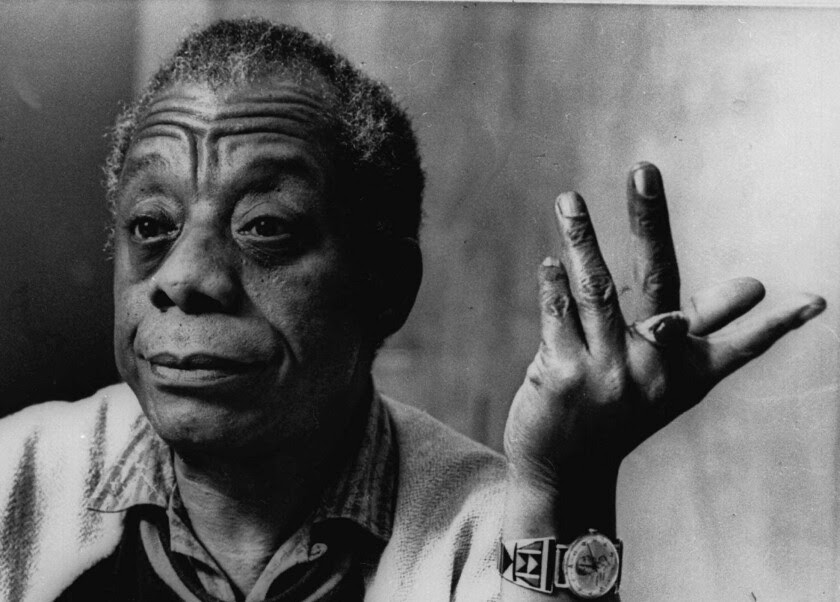
From Harlem to Palestine:
Baldwin’s Intersectional Resistance•
“Of Latitudes Unknown” explores James Baldwin’s intellectual legacy by reevaluating and expanding on existing Baldwin scholarship, introducing new critical perspectives and themes. The book delves into lesser-known aspects of Baldwin’s thought, including his bilingual communications, later interactions with Africa, his engagement with French and Arab media, and his overlooked works…



